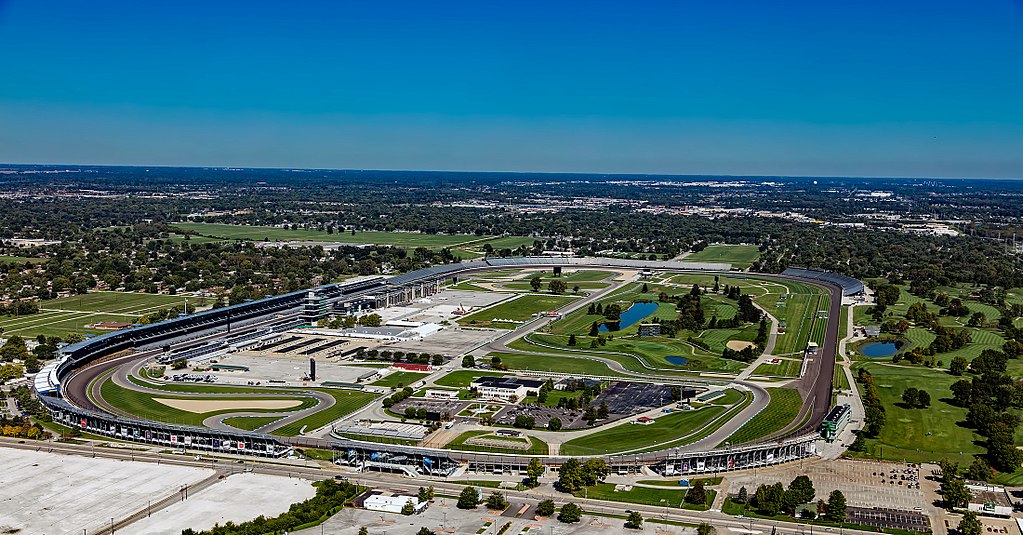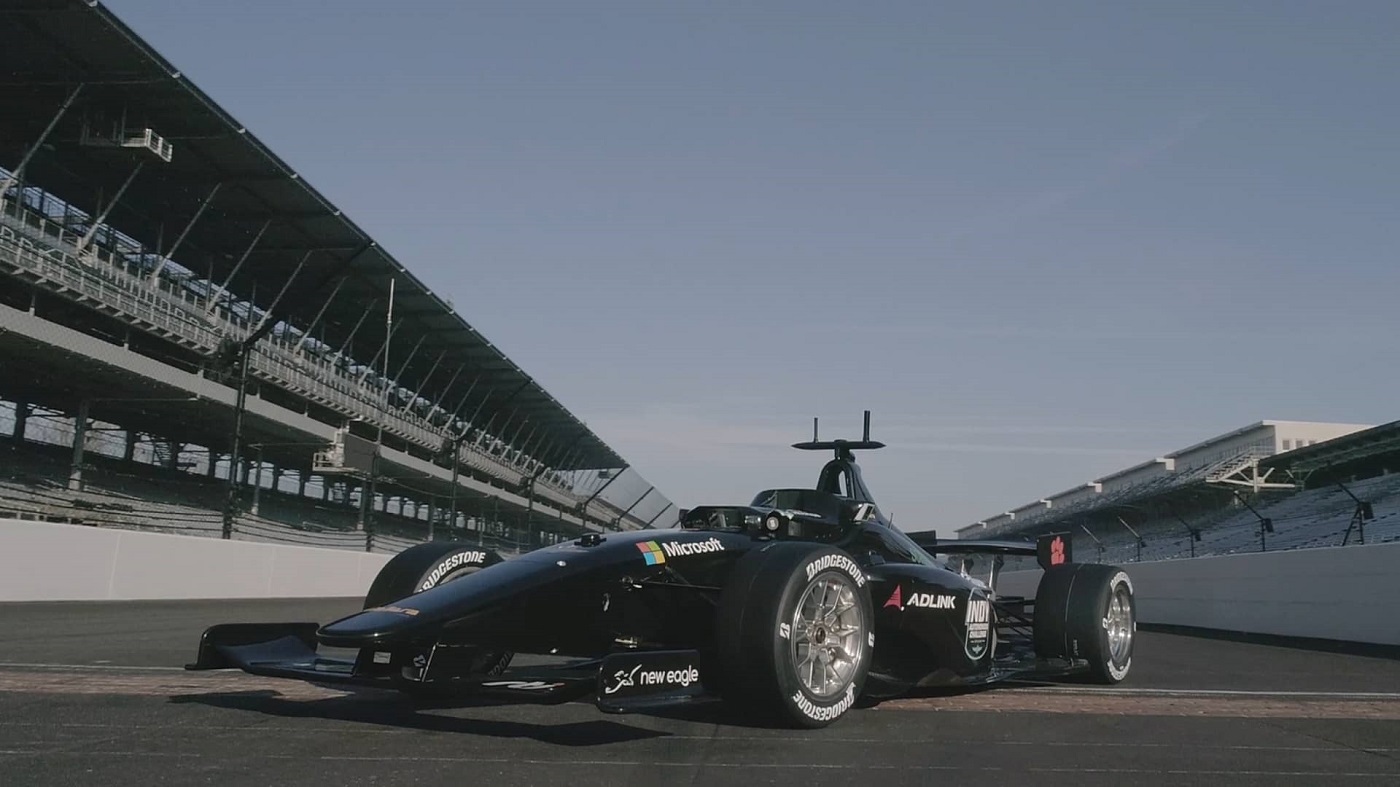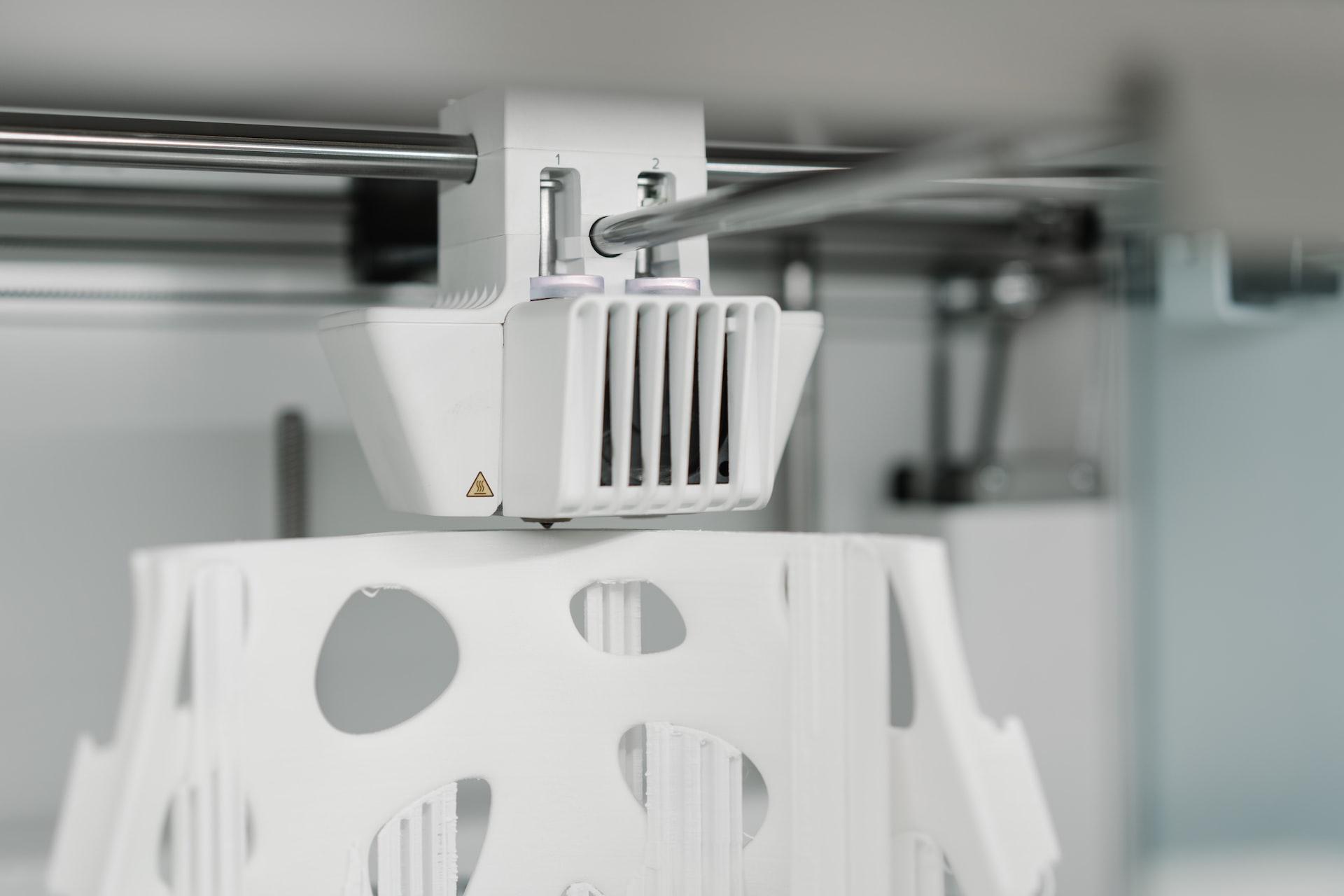The first ever ‘Indy Autonomous Challenge’ is scheduled to take place on October 23, 2021, and it’s going to be a novel sighting with single-seaters reaching speeds of up to 180 mph (290 kph) but nobody sitting in the cockpit to assume control of the wheel. These machines are going to be driven by software and silicon, racing autonomously and without any sort of remote intervention from a human.
The upcoming race is going to take place at the Indianapolis Motor Speedway and the winner is going to win a $1.3 million prize. The number of laps was set to 20, and while a speed ring is certainly not the most challenging track in the world, the breakneck speeds and the presence of other cars racing nearby in swarms is doing the feat pretty difficult.

Image Credit: wikipedia.org
To help them navigate the course, choose the optimal racing lines, and also to avoid collision with other cars, the one-seaters will use ultrasonic sensors, LiDARs, infrared sensors, multiple cameras, and light-detecting sensors. Thanks to all that, they will be able to detect everything that goes on across a range of 800 feet (245 meters), which should theoretically be enough for the purpose.
These are systems made by Luminar, a company that already supplies automakers like Volvo with LiDAR units, so they apply not only to the extreme environment of racing, but also to city road and highway applications. It will be interesting to see how these sensors and central processing and control systems will respond to the raised requirements of a race where anything can change in the blink of an eye. As such, the event will carry scientific and technological experimentation significance too.
The final participants in the race are 10 teams led by 19 universities and a total of 200 students, all competing for the price and also for the learning opportunity that arises from a deep dive into autonomous driving systems. Those teams develop the driving algorithms, mostly using machine-learning AIs datasets in end-less simulations to train their “ghostly” drivers.







